Snorkeler Fights Off Crocodile After it Clamps His Jaws On His Head at Resort: “’I Thought It Was a Shark”
Man miraculously fought off a crocodile by prying his jaws off his head and swimming away.
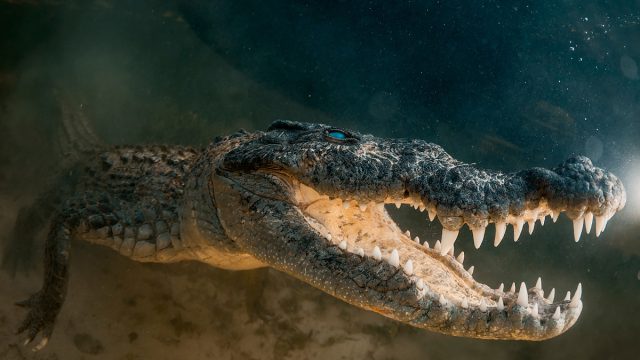
An Australian man fought off a saltwater crocodile after being attacked at the luxurious private Haggerstone Island Resort in Queensland and survived the vicious encounter. Marcus McGowan, 51, was snorkeling with a group of friends when he felt the jaws of the reptile clamp down on his head.
He was able to pry himself free and fight off the crocodile but suffered severe injuries and asked for privacy while recovering from the terrifying ordeal.
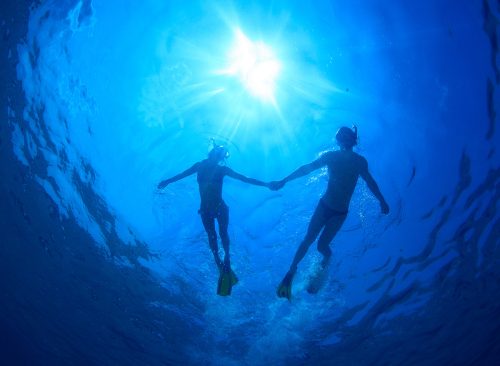
The Gold Coast resident released a statement through the Cairns and Hinterland Hospital and Health Service that detailed the horrific experience. “On Saturday, 27 May after a morning out fishing, we anchored at the Charles Hardy Islands for lunch and a quick snorkel in crystal clear waters approx. 40 km off the Cape York Coast. McGowan stated.
“I was snorkeling with my wife and a group of friends and while checking out some coral and fish and talking to a fellow snorkeller, I was attacked from behind by a saltwater crocodile which got its jaws around my head.”
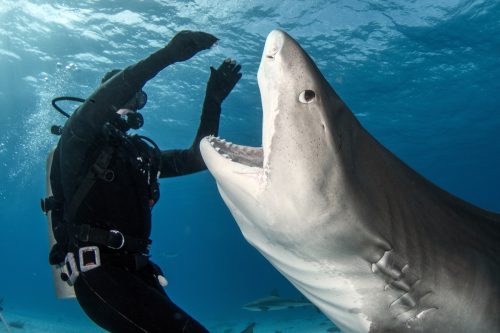
McGowan was surprised by the attack and didn’t see it coming since it happened from behind. “I thought it was a shark but when I reached up I realized it was a crocodile,” he said in the statement.
The attack happened so quickly that McGowan didn’t know the exact size of the reptile, but he believes “it may have been a juvenile (2-3m long).”
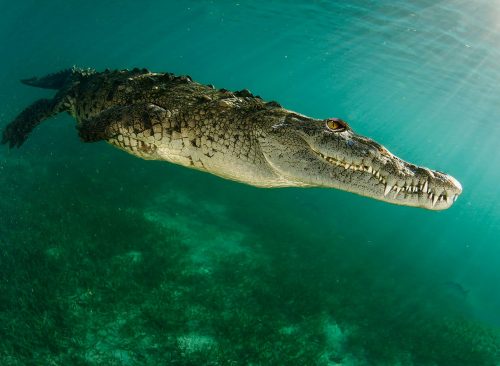
McGowan fought off the crocodile and said, “I was able to lever its jaws open just far enough to get my head out.” But the reptile came back again. “The crocodile then attempted to attack me a second time, but I managed to push it away with my right hand, which was then bitten by the croc.”
Eventually, McGowan was able to escape once again and “swim to the safety of the boat which was coming after they heard our screams for help.”
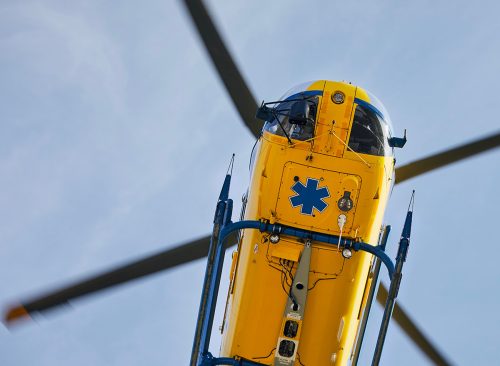
The crew that took McGowan and his group outraced him to Haggerstone Island, approximately 45 minutes away. On the way, a fellow snorkeled a fireman, treated him. “He bandaged me up and also had to give me antibiotic shots to prevent any infection.”
From there, he was airlifted to a hospital and treated for “scalp lacerations and puncture wounds on my head and hand.”
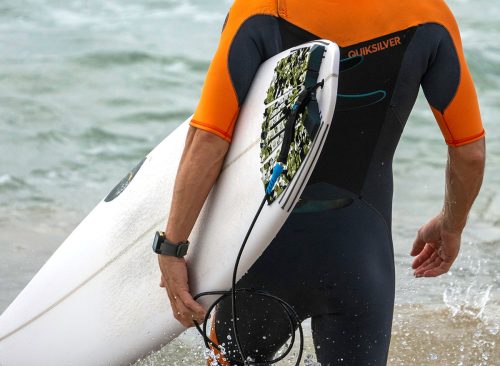
McGowan, who describes himself as a” keen surfer and diver,” said he understands the possibility of an attack in the water. “When you enter the marine environment, you are entering territory that belongs to potentially dangerous animals, such as sharks and crocodiles.” He added, “I was simply in the wrong place, at the wrong time. I’m just grateful it was me and not one of the kids or ladies in the group.”
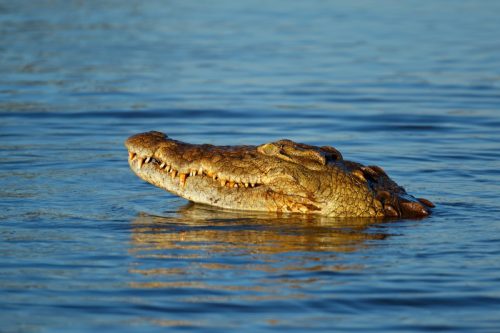
Crocodiles attack to kill and defend their territory, so their fearless grip is often fatal. “Crocodiles are the hardest-biting animal on the planet,” Billy Collett, the operations manager at Australia Reptile Park, told The Guardian.
However, fighting back increases the chances of survival and can frighten them, Collett explained. “But when people do fight back, they seem to let go. He probably scared the croc, which realized it grabbed something too big to handle.”
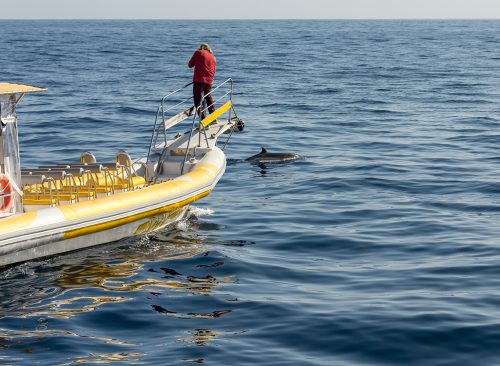
According to the Guardian, the Queensland science department is investigating the incident. “It is important that crocodile sightings and crocodile incidents are reported in a timely manner,” the department said in a statement. “Crocodiles in the open ocean can be difficult to locate as the animals often travel tens of kilometers per day.”
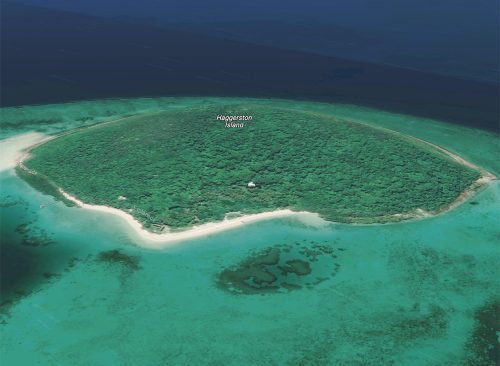
Haggerstone Island is a luxurious, privately owned resort, but the area can be risky to visit. According to the Queensland science department, it’s known as “croc country,” and urges visitors to practice “crocwise behavior,” The Guardian reports.
The outlet states, “It warned crocodiles could be in all waterways, even if there were no warning signs. People in smaller vessels like canoes and kayaks were at greater risk of attack, as were people standing close to the water’s edge or wading through while fishing, the department said.”














